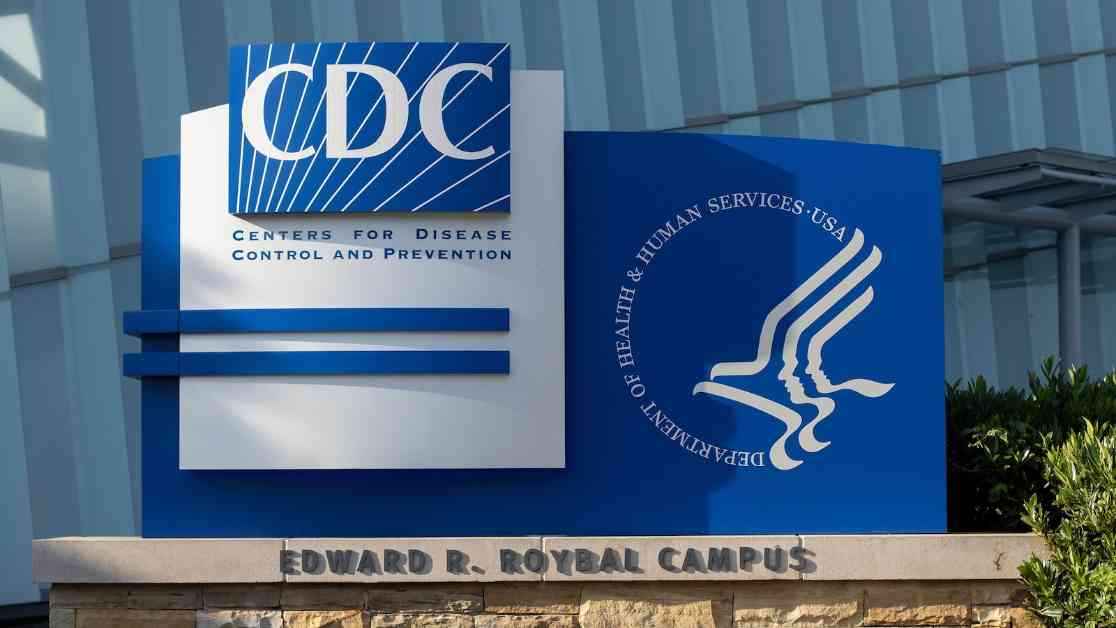Cancer Research Advocates Call for Data Restoration Amid Administration Changes
Medical organizations are sounding the alarm over the abrupt removal and alterations of government data sets and webpages under the direction of the Trump administration. The American Cancer Society, a leading nonprofit dedicated to eradicating cancer, recently issued a statement urging the administration to prioritize the restoration of accessible data. The removal of crucial resources like the Social Vulnerability Index, which aids in identifying at-risk communities based on various factors like poverty, race, and disability, has sparked concerns among health experts and advocates.
Dr. Wayne A. I. Frederick, the interim CEO of the American Cancer Society, emphasized the importance of maintaining comprehensive data access to effectively address and reduce the burden of cancer across all communities. He highlighted the critical role that public data sources play in deploying resources to those in need, particularly cancer patients and survivors. The sudden removal of key information poses a significant threat to the organization’s ability to provide essential services and support to individuals affected by cancer.
Concerns Over Data Access and Health Implications
The recent changes in data accessibility have raised red flags among medical professionals and advocacy groups, prompting calls for immediate action to restore vital information. Several data tools utilized by federal and state agencies have been altered or removed, jeopardizing ongoing research efforts and public health initiatives. The American Cancer Society relies heavily on accurate data collection to inform its reports and publications, including essential resources like the “Cancer Statistics, 2025” report and “Cancer Facts and Figures.”
Dr. Frederick underscored the organization’s commitment to evidence-based science and data-driven decision-making, expressing apprehension about the potential long-term impacts of restricted data access. The removal of critical health information from government websites has far-reaching consequences, affecting the ability of healthcare providers, researchers, and policymakers to make informed decisions and deliver quality care to patients.
Legal Action and Advocacy Efforts
In response to the data removals, medical advocacy groups like Doctors For America have taken legal action against several Trump administration agencies, demanding the restoration of health information on government websites. The lawsuit targets key government entities, including the Office of Personnel Management and the Department of Health and Human Services, which oversees agencies like the CDC and FDA. The legal challenge seeks to compel the government to reinstate critical webpages and datasets essential for monitoring disease outbreaks and guiding clinical practice.
The CDC has defended the changes to its website, citing compliance with executive orders aimed at reorienting federal policies on gender identity and diversity inclusion. While the administration asserts that these adjustments are in line with its broader objectives, critics argue that the removal of essential health data hampers public health efforts and obstructs vital communication channels between healthcare providers and patients.
As the debate over data access and transparency continues to unfold, stakeholders across the healthcare landscape are closely monitoring developments to ensure that public health remains a top priority. The American Cancer Society’s advocacy for comprehensive data access underscores the critical role that information plays in advancing medical research, patient care, and public health outcomes on a national scale.
This is an ongoing story, and updates will be provided as new information becomes available.


